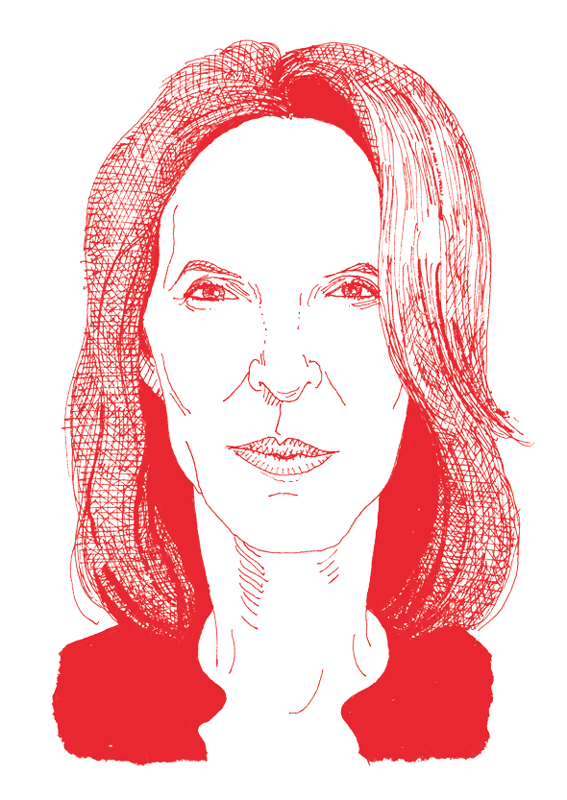Alabama on My Mind Alabama on My Mind
The weblog below was originally posted on November 2. We received some powerful responses, which convinced us to re-post the article, a look at why people frequently vote against...
Nov 22, 2003 / Katrina vanden Heuvel
Reader’s Mailbag Reader’s Mailbag
I read with interest Katrina vanden Heuvel's weblog in which she laments the recent decision by Alabama voters to vote down a referendum that would shift taxes from the "folks" t...
Nov 22, 2003 / Katrina vanden Heuvel
The Postwar Post’s Nuclear Truths The Postwar Post’s Nuclear Truths
At the end of October, The Washington Post published a ground-breaking 3,200-word front-page story about Iraq's prewar nuclear weapons program. Post reporter Bart Gellman's repor...
Nov 20, 2003 / Katrina vanden Heuvel
Americans in London Americans in London
Massive street protests--and the biggest security operation Britain has ever seen for a visiting head of state--will greet George W. Bush when he visits London tomorrow. Antiw...
Nov 17, 2003 / Katrina vanden Heuvel
Democracy Aid ’04 Update Democracy Aid ’04 Update
I originally posted this item below on November 14 because I seeDemocracy Aid '04 as an exciting sign of international collaboration inthese days when the Bush Administration ha...
Nov 14, 2003 / Katrina vanden Heuvel
Howard Dean: Transformative or Transgressive? Howard Dean: Transformative or Transgressive?
Last week, Governor Howard Dean was the front-runner everyone wanted to attack. And he gave his opponents some good reasons. After all, his statement that he wanted to be "the ...
Nov 11, 2003 / Katrina vanden Heuvel
Bush vs. Bush Bush vs. Bush
We know there are rifts inside the Bush Administration, but what about the growing rift between Presidents 41 and 43? Even before the Iraq war, the schism between father and son ...
Nov 7, 2003 / Katrina vanden Heuvel
Ronald Reagan’s Legacy Ronald Reagan’s Legacy
66 Things to Think About When We Watch The Reagans on Showtime. As anyone reading today's papers knows, CBS (I hereby rename it the Craven Broadcasting System) announced yest...
Nov 5, 2003 / Katrina vanden Heuvel
Sign the Lincoln Call Sign the Lincoln Call
I get fundraising solicitations all the time. At work. At home. In the mail. In my in-box. Over the phone. Sometimes over the fax. I even got a letter from Vice President Dick...
Nov 3, 2003 / Katrina vanden Heuvel
Alabama On My Mind Alabama On My Mind
Why do people consistently vote against their self-interest? Consider Alabama, where low-income people, who hardly benefit from tax cuts that jeopardize government services, rece...
Nov 3, 2003 / Katrina vanden Heuvel

